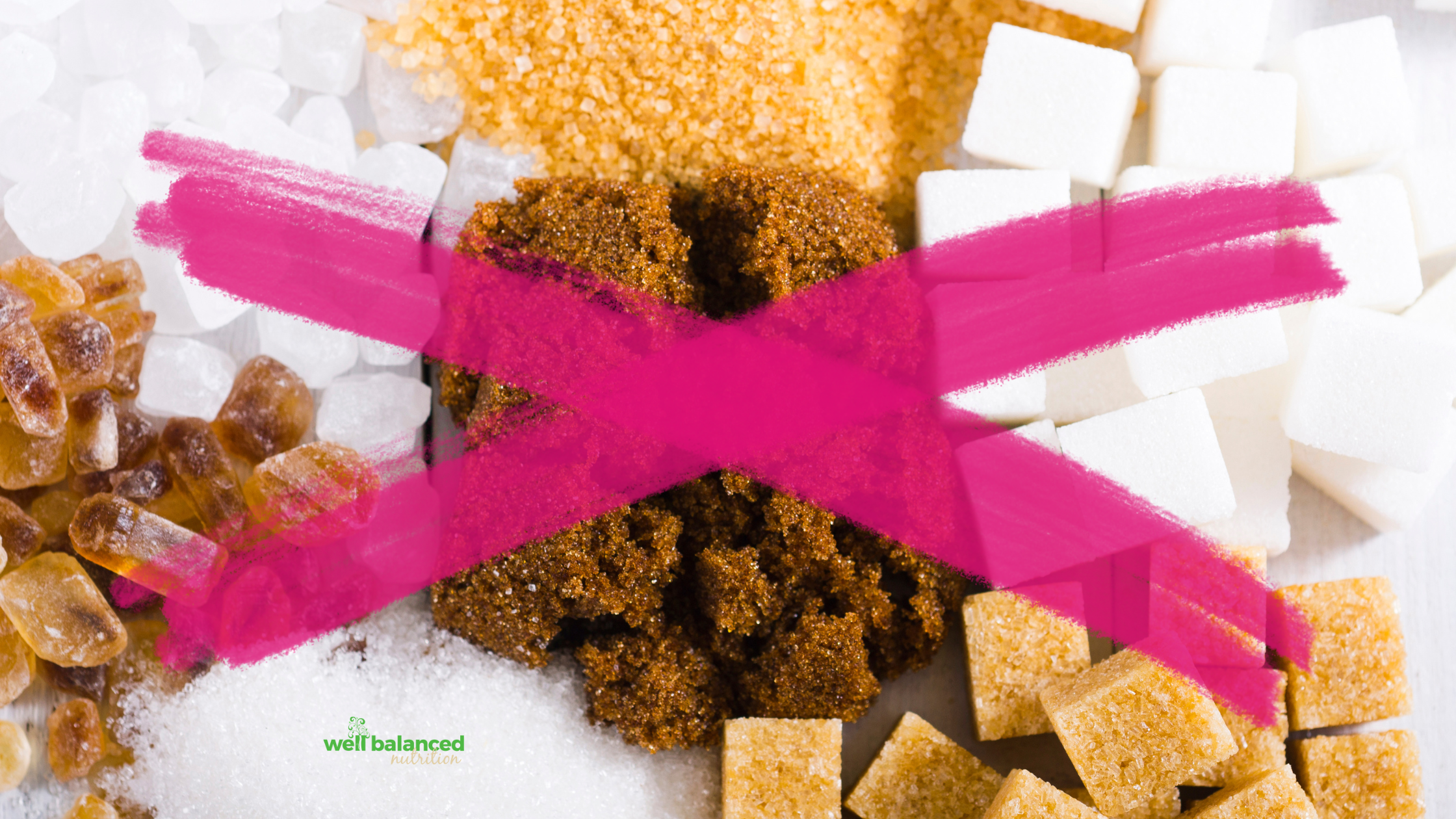One of the very nicest things about life is the way we must regularly stop whatever it is we are doing and devote our attention to eating. -L. Pavorotti
Crumbs fell on my desk… It’s about 10:30 am and I was listening to the audio version of the Blue Zones Solutions, a book by Dan Buettner on the secrets to longevity. In my ear, I heard Buettner tell stories about 5 different communities where the majority of the people live long lives free of afflictions like heart disease, obesity, cancer, and diabetes.
I was learning about the lives of centenarians who were still vibrant and full of life. Each one of them had their own unique story – full of tragic moments and triumphant ones. When it came to the question of what they ate to live such healthy lives, the answer varied a bit but there was one thing I noticed they all had in common. Food wasn’t something they got at the grocery store or a restaurant. Food was an integral part of their everyday lives. From planting a seed, harvesting the fruit, to soaking the beans, food was something they cultivated from the ground up. They were fully involved in the entire process.
Here I was mindlessly snacking to tame my mid-morning hunger. As I looked down at the fallen crumbs on my desk, I thought of how far removed most Americans, including myself, have come from the entire process. We eat several times without having to do any of the growing, the tending, the harvesting or even the preparing of the food. We just consume without thinking twice about who, what, when, where and how this food came to be sitting in front of us. In fact, food is so much of an afterthought in our culture. Everything else is more important and food is sometimes the last thing we think about. Convenience and multitasking have somehow become things we value most and this left me wondering how we can make our way back to the mindset that food is worth our time, effort and appreciation because food gives us life.
There is something to be said about being connected to where our food comes from, having a hand in preparing it and sitting down to mindfully enjoy it. It was something that just came naturally to these centenarians. I think it can come to us all naturally if we just tune in a little more. We can grow some of our own food, get to know and buy from our local farmers, stop and think about the work that went into our food when someone else grows and prepares it, and focus on eating it. While it was only one component in the lives of the centenarians, it is an important one that we can learn from. It’s really where mindfullness begins.
So, I turned off the audiobook. Looked at my granola bar and savored that last few bites. Food is a wonderful thing. It sustains us and nourishes us. It gives us the fuel we need to move, love, think and serve. Any small step we can take toward participating in the entire process is worthy of our time and effort.
What can you do today or this week to be more mindful of your food? Here are just a few ideas to get you thinking.
- Plant some kale or lettuce in a container for the cool months ahead.
- Get to know a farmer from your farmer’s market this weekend or sign up for a CSA or produce box.
- Prep some meals in advance this weekend and get family and friends involved in the process
- __________________________________
- __________________________________



